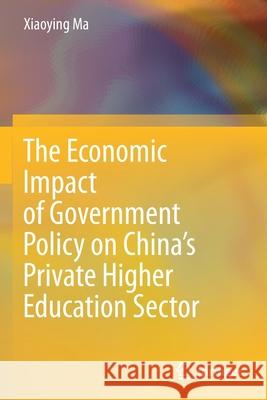The Economic Impact of Government Policy on China's Private Higher Education Sector » książka
topmenu
The Economic Impact of Government Policy on China's Private Higher Education Sector
ISBN-13: 9789813368026 / Angielski / Miękka / 2022 / 190 str.
The Economic Impact of Government Policy on China's Private Higher Education Sector
ISBN-13: 9789813368026 / Angielski / Miękka / 2022 / 190 str.
cena 484,18
(netto: 461,12 VAT: 5%)
Najniższa cena z 30 dni: 462,63
(netto: 461,12 VAT: 5%)
Najniższa cena z 30 dni: 462,63
Termin realizacji zamówienia:
ok. 16-18 dni roboczych.
ok. 16-18 dni roboczych.
Darmowa dostawa!
Kategorie:
Kategorie BISAC:
Wydawca:
Springer
Język:
Angielski
ISBN-13:
9789813368026
Rok wydania:
2022
Ilość stron:
190
Waga:
0.27 kg
Wymiary:
23.39 x 15.6 x 1.02
Oprawa:
Miękka
Wolumenów:
01
Dodatkowe informacje:
Wydanie ilustrowane











